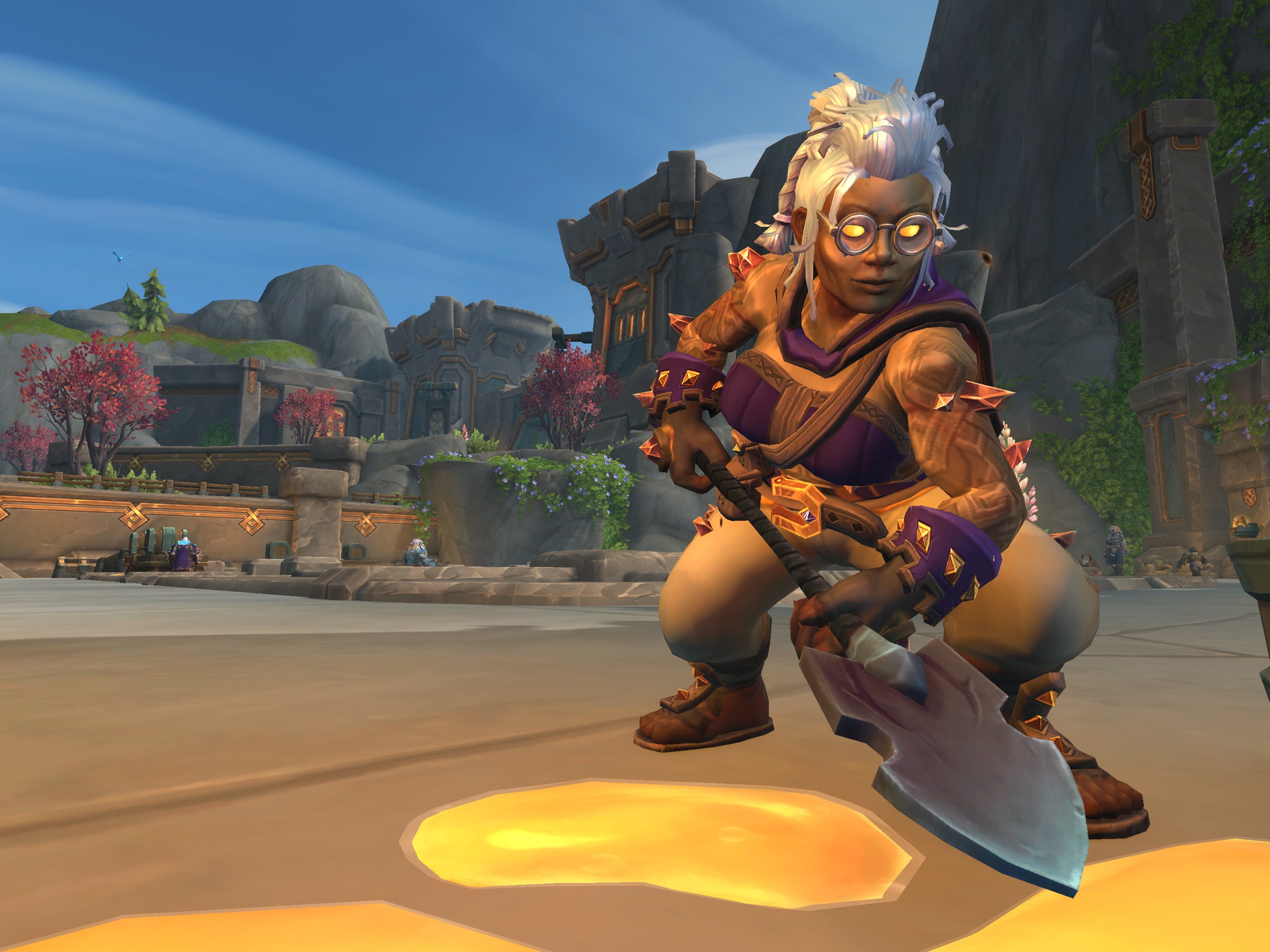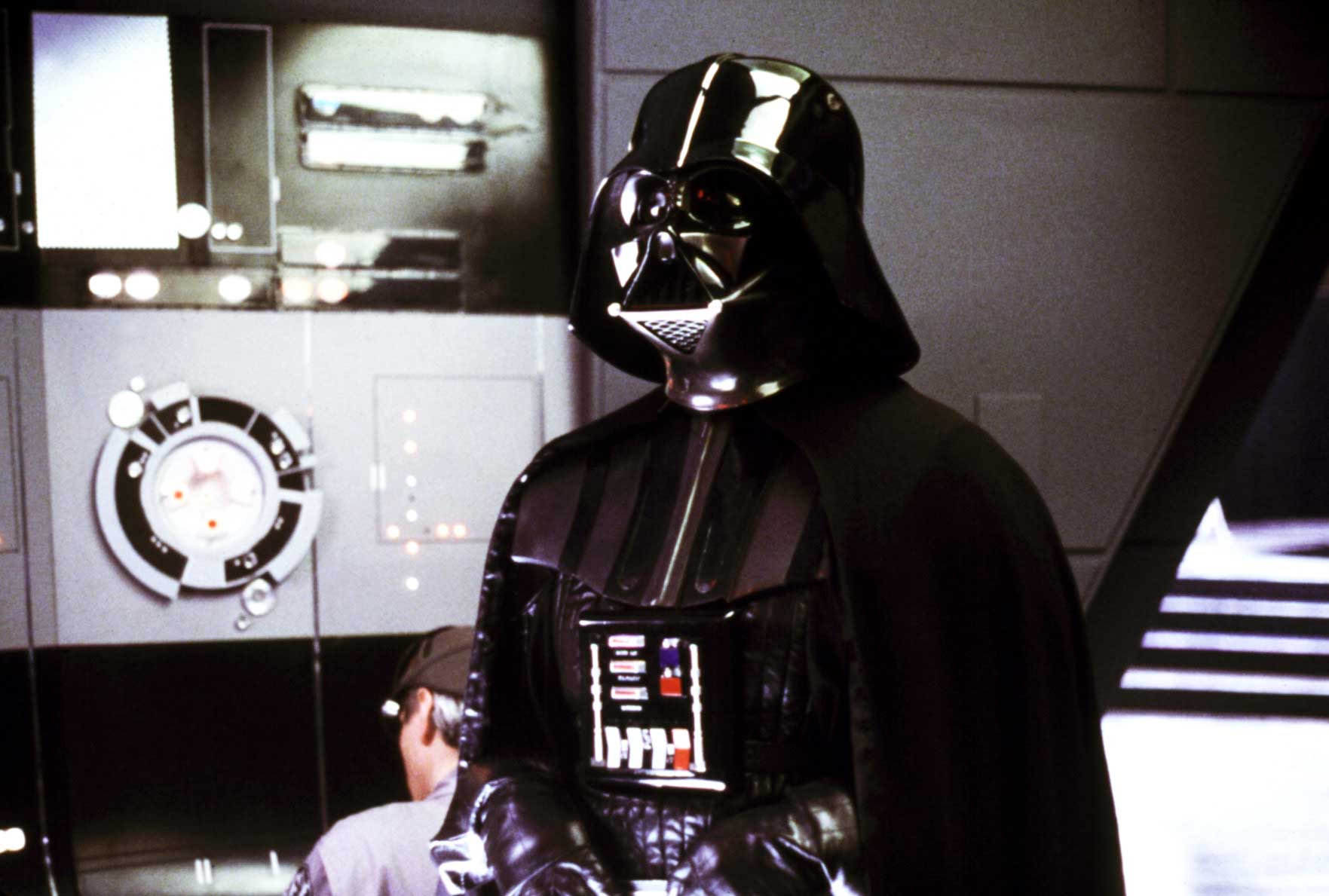A Disney+ Password-Sharing Crackdown Is Coming in September

The House of Mouse is getting a renovation. In an earnings call on Wednesday, Disney CEO Bob Iger told investors that the company will begin a new password-sharing crackdown “in earnest” starting in September. Iger didn’t divulge how the company plans to limit password-sharing, but presumably this will mean the company will be on the lookout for logins outside of the subscriber’s home and prompt those suspected of sharing their accounts to pay a fee to do so. The announcement comes months before the company intends to increase monthly prices on Disney+, Hulu, and ESPN+—and their respective bundles—in October.
What this means for most folks is higher bills and tougher decisions. As more and more streaming services enter the fray—and as many of those services also raise prices and/or introduce ad-supported tiers—people who love to watch things are increasingly left to figure out which two or three services they’re willing to pay 10 to 20 bucks a month for. Considering Disney has a pretty strong back catalog (Marvel, Pixar, Star Wars), as well as Hulu shows like The Bear and tons of sports on ESPN+, it’s likely many subscribers will shell out to keep the service—and cough up more to share their passwords.
“The password-sharing crackdown has worked favorably for other streamers,” says Sarah Henschel, a principal analyst at Omdia who watches the streaming market closely. “It is a strategy that works well to grow revenue. However, it drives a lot of consumer frustration with streaming.” Put another way, subscribers are likely to stick around and perhaps even pay the extra fees to share their accounts, but it may mean they ultimately don’t keep every service.
And hell, it worked for Netflix. Late last year, after a few shaky quarters and amid the streaming giant’s rollout of both ad-supported tiers and a paid sharing program, Netflix added 9 million new subscribers worldwide. It hasn’t really seen any major dents in subscriber numbers since. So far, it’s the only test case—Max seems poised to roll out its crackdown later this year or early next, and others have yet to test the waters—but it does indicate that paying to share a streaming account doesn’t always send people running for the hills. Or, at least, it hasn’t yet.
“The password crackdown for Netflix—combined with its ad tier—has been a massive boon to subscriber growth,” says Wade Payson-Denney, an analyst at streaming industry tracker Parrot Analytics. In the year before the streamer started cracking down, Netflix’s global subscriber base grew by 11.8 million; in the four quarters after, that base grew by 39.3 million, according to Parrot. It could lead to similar growth for Disney.
All Things Must Pass
This isn’t the first time Disney has warned of such a crackdown. Last year, Iger hinted that the company was looking into limiting the practice; in February, the company said it planned to begin a paid sharing program, but then launched it in only a few markets, in June.
Disney has been hustling to build up its subscriber base and turn a profit from streaming since it launched Disney+ in 2019. During the past three months, Disney+ netted only about 200,000 new subscribers, for a total of 153.8 million—small potatoes compared to the more than 270 million subscribers Netflix claims, but not bad, and a marked increase over last year. Meanwhile, Max is still looking to break 100 million.
As part of Wednesday’s earnings announcements, Disney revealed its combined streaming offerings made money for the first time ever during the last quarter, bringing in an operating profit of $47 million. This is a sharp upturn; Disney’s streaming business lost $512 million in the third quarter last year. The recent profits largely came thanks to ESPN+.
That ESPN+ bit is important here. Lots of streamers are getting into sports, and the live broadcasts have proven key to keeping people on streaming services. Apple TV+ does it with soccer and Friday Night Baseball; Amazon Prime Video has made big plays in securing the rights to things like NFL Thursday Night Football. A few weeks ago, Warner Bros. Discovery, home of TNT Sports, sued the NBA for not accepting its matching offer to air some NBA content—a deal that went to Amazon. Just prior to the start of the 2024 Summer Olympics, NBCUniversal raised the price of Peacock by $2 per month for some plans. The streamer saw a 500,000-subscriber dip around the same time, but as the Games began, it seemed like Peacock’s moves were winning over fans.
Disney is ultimately going to do what Disney is going to do. Some folks may grumble about it, but the amount of content the company’s streaming services offer means those folks are likely to keep their plans. “While it may spark some vocal opposition, at the end of the day, someone who isn’t already paying for Disney streaming continuing to not pay for Disney streaming has no negative impact on Disney’s bottom line,” Payson-Denney says.





